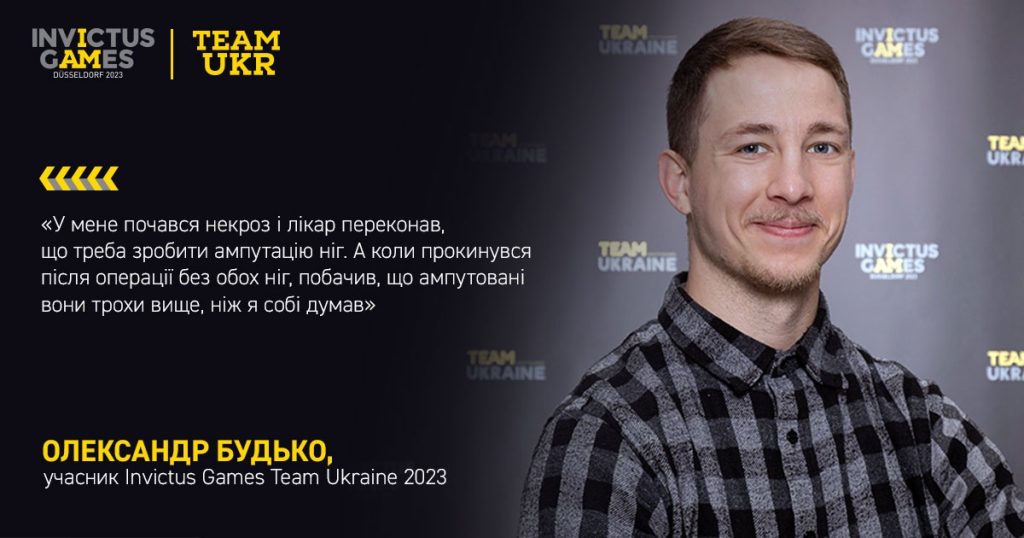Before the full-scale war
I studied food processing engineering. So I worked as a barista in one of Kyiv’s cafes for a reason. I worked and studied graphic design at the same time. In general, I was engaged in self-education – courses, and lectures. I was planning to finish my career in the restaurant industry and move into the graphic arts. In March, I was supposed to quit my job and start a new one.
At the same time, of course, I was engaged in sports – powerlifting and martial arts. There was a period when I was quite serious about powerlifting, but then I left it for myself, for pleasure.
From the stories of my grandparents who worked on a collective farm, I knew how they were treated in the Soviet times and how their parents used to work under the “red government”. So in general from my upbringing, I always knew that russians are not a our brothers at all.
I formed an appropriate circle of friends. Rivne region is a patriotic region, and there were people to unite with for discussions, studying history and Ukrainian origins. We have quite a few centers of patriotic education. Since childhood, I have read a lot of literature, history books, and I love documentaries, and that’s where I got all this knowledge.
Before the full-scale war, I can’t even remember what I thought about all this. But I realized that I did not see the end of the war, which was already underway. But, in any case, I did not expect everything to happen on such a large scale. When in February 2022 there was talking of a possible attack almost every other day, I thought it was some kind of PSYOP, who knows why. Probably to intimidate the people.
But, just in case, I tried to arrange a meeting point with my friends in case something happened. My friends didn’t believe in it either, so we didn’t really decide anything. I didn’t even pack my emergency backpack.
Gradual integration into the army
For me, like most people, the day of February 24 started in bed. At 4 a.m. or half past five, my girlfriend called me and said she heard some explosions and that it was probably the war. I did not believe it until I heard the explosion myself. It was at that moment that I realized that it was not some kind of fireworks or any other explosion but that it was actually war. I probably felt it more intuitively. There was no doubt about it.
I got ready very quickly, my girlfriend and I went to her parents’ house, and I was simultaneously planning, calling everyone, and trying to find out where to join. Even then, when there were just discussions about whether something would happen or not, I decided that I would stay in Kyiv.
I can’t even remember my feelings and emotions anymore. I remember that I wanted to get into the army as soon as possible. I called a lot of people to find out information. One of my friends who was serving agreed to accept me.
In fact, I did not see myself in the army. Forming up and marching is not my thing. But in order to get to the frontline and fight, I changed several organizations. Gradually, I joined the army life and gained experience and an understanding of military affairs. Eventually, in May, I found myself in the “Carpathian Sich”, as a fire support platoon commander, and went to the frontline.
In the Kharkiv region, where I was, I was impressed by how well people lived. There were a lot of farmers there, they had a lot of machinery – combines, tractors. It seemed that people were enjoying their lives. But we did not see any men in that village.
Injuries
It happened on August 24, Independence Day. Counter-offensive actions were going on in the Kharkiv region, we were getting out territories back, entering villages. My group and I went into a landing, and an enemy tank was standing at a height. It started shooting at us but we couldn’t reach it with mortars, so we were told to retreat and went to rest for a while. The guys lay down under a tree, and I went to the trench. I was almost falling asleep, and then instantly woke up in pain. It was an unbearable pain in my legs.
I was covered with earth and I felt it falling on me from everywhere. An old door that we put under one of the walls of the trench fell on me and saved me from turning the trench into my grave. Then the guys dug me out, applied tourniquets on both legs, and anaesthetised me. An evacuation vehicle arrived soon enough and I was taken to the hospital.
They immediately brought me to Kharkiv, then to a hospital in Poltava. I started to suffer from necrosis and the doctor convinced me that It was necessary to have my legs amputated. And when I woke up after the operation and saw that both legs were amputated a little higher than I thought.
Acceptance
This acceptance happened almost at the moment of the flight. I was conscious. I understood everything clearly and distinctly, and felt everything well. Therefore, nothing really changed at the moment when I woke up in the hospital with an amputation.
I was worried about how to tell my family, and how they would take it. Of course, they were not very pleased, to put it mildly. It took them two or three months to calm down about what had happened. Not as calm as me, but at least calmer.
Three months later, I was already wearing prostheses. It’s really hard, actually. It is painful and difficult. But I did not lie there long enough to feel some kind of mega-satisfaction. Of course, there was a feeling of joy when I was standing. Because I realised that I would walk. It gave me joy and was inspiring.
I wanted to walk. Not just for a few hours, but all the time. I just wanted to keep the prostheses on. It did not feel pleasant, but I had to endure it. But I started doing sports and exercising almost immediately, while still in bed.
Now I come to hospitals quite often and talk to wounded soldiers there. I just come and talk to them and show them my example. And it’s nice when people in hospitals realise that they’ve seen me somewhere, in projects like Invictus, and it motivates them.
Have you always been ambitious?
Yes, I have. But it happens that I start doing something and then lose interest. But if I like something and I see the result, I usually achieve my goals.
Do you get angry easily?
Not nowadays. Maybe I’ve matured, but I’ve become less impulsive and more calm.
Did your participation in the war and your injury change your character a lot?
In the short term, probably not much. But I think in a few years these changes will be noticeable. In general, there have been some changes, for example, I have become more open, I started living here now, and I started doubting less about the need to fulfil my desires.
Has society grown in its perception of wounded veterans?
Definitely, the attitude of society is changing both towards wounded soldiers and in general. Especially the younger generation has changed its opinion, its worldview, and to some extent has become more pro-Ukrainian, sensitive, and empathetic.
Many people express their gratitude to me. Even on the street, they can shake hands, nod their heads, or treat me to a meal in a restaurant. I didn’t see much of this before, during the so-called ATO, but now it has become widespread.
How should people thank the military for their service without causing any discomfort?
For me, it’s quite normal if they shake my hand or give a nod when they see me.
What inspires you?
People in general. What I do inspires people, they say it, they text it, and it inspires me, I see that it is not in vain. People need it. It’s a mutual synergy and it’s motivating.
You are quite famous. What does your popularity give you?
I wouldn’t call it fame. Of course, there is attention from journalists, but it’s not an interest towards an injured person. Journalists are interested in newsbreak. And I provide these newsworthy events myself. It’s not journalists who popularize me, they only talk about what I do.
How did you manage to get into theatre abroad and become the face of a fashion brand?
It just happens, everything works out well. The performance was my idea. I proposed it to the United Ukraine Ballet and we did the performance together. Also, a movie was made about me, about culture through the prism of war. So the production company decided to organise this performance as part of the film. So everything turned out to be successful, and we managed to reach a high level. At first, we were supposed to perform only in the Netherlands, but the organizers managed to arrange for this choreography to be performed in Los Angeles too. By some miracle, it worked out. Some things happen by chance, some things I achieved thanks to my effort eand persistence.
What do you achieve when you participate in international projects?
Satisfaction. I wouldn’t do it without pleasure. I like to show people that you can reach the top without legs, arms, or other body parts. To show that you can live your life the way you want to, not the way society demands.
Aren’t you afraid that you might get a “Hollywood syndrome”?
No. If it was going to happen, it would have already happened. I think my closest friends would have told me about it.
What do you want most for yourself?
Without exaggeration, I want the war to end, to live the way people do in the entire civilized world. To enjoy life, and not to think about hiding yourself and your children from bombs, or about losing people. At the very least, to reduce the number of deaths and injured people in our country. And to live freely, so that people can be united.
Why do you want to participate in the Invictus Games?
To set an example so that people can see their inner and outer strength. I want people to realize that they are capable of more than they imagine, and they need someone who can show them by example.
And, of course, I would like to represent Ukraine on the international stage and, if possible, raise the flag on a pedestal. I have a lot of plans and ambitions, and I achieve them thanks to the Invictus Games.

